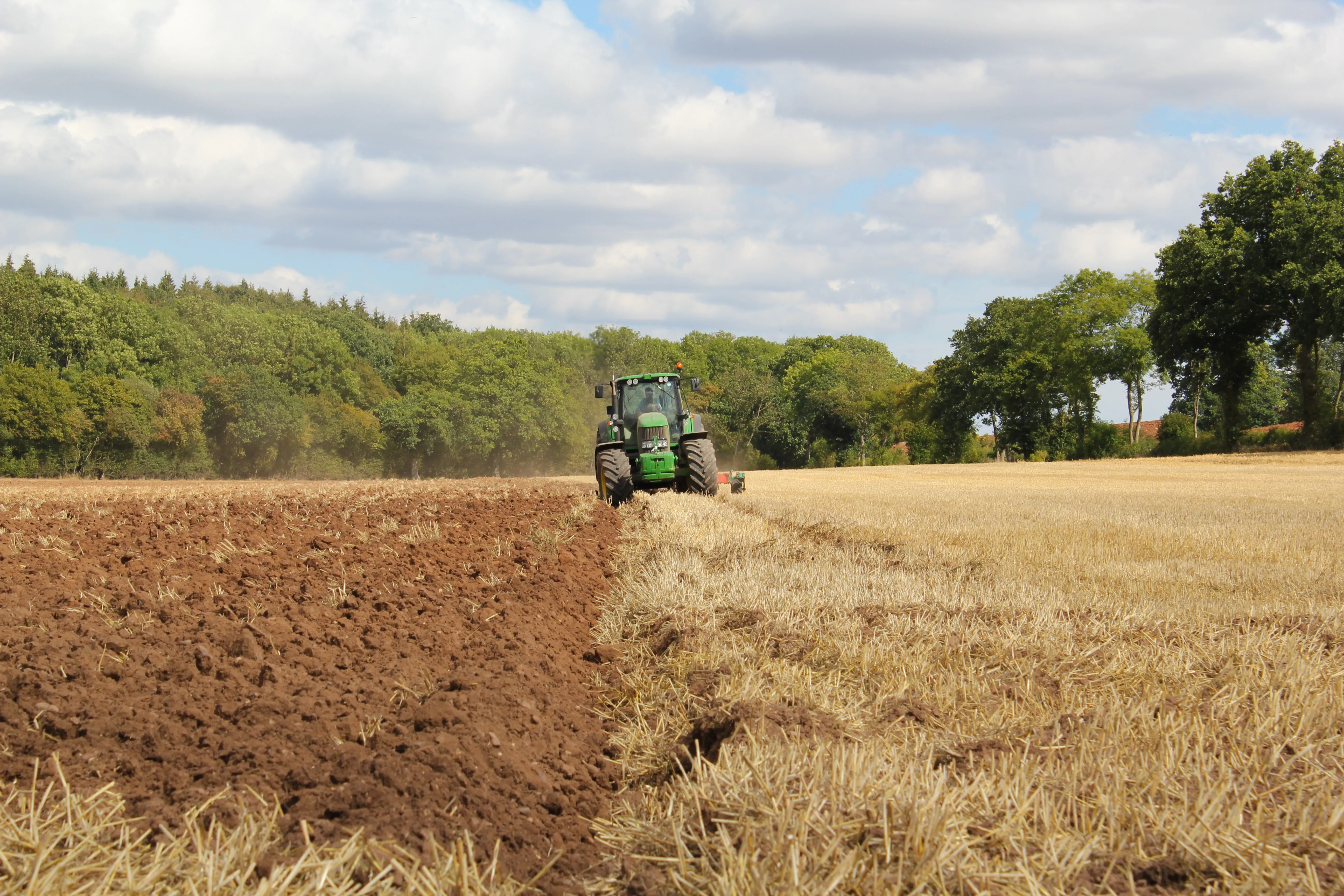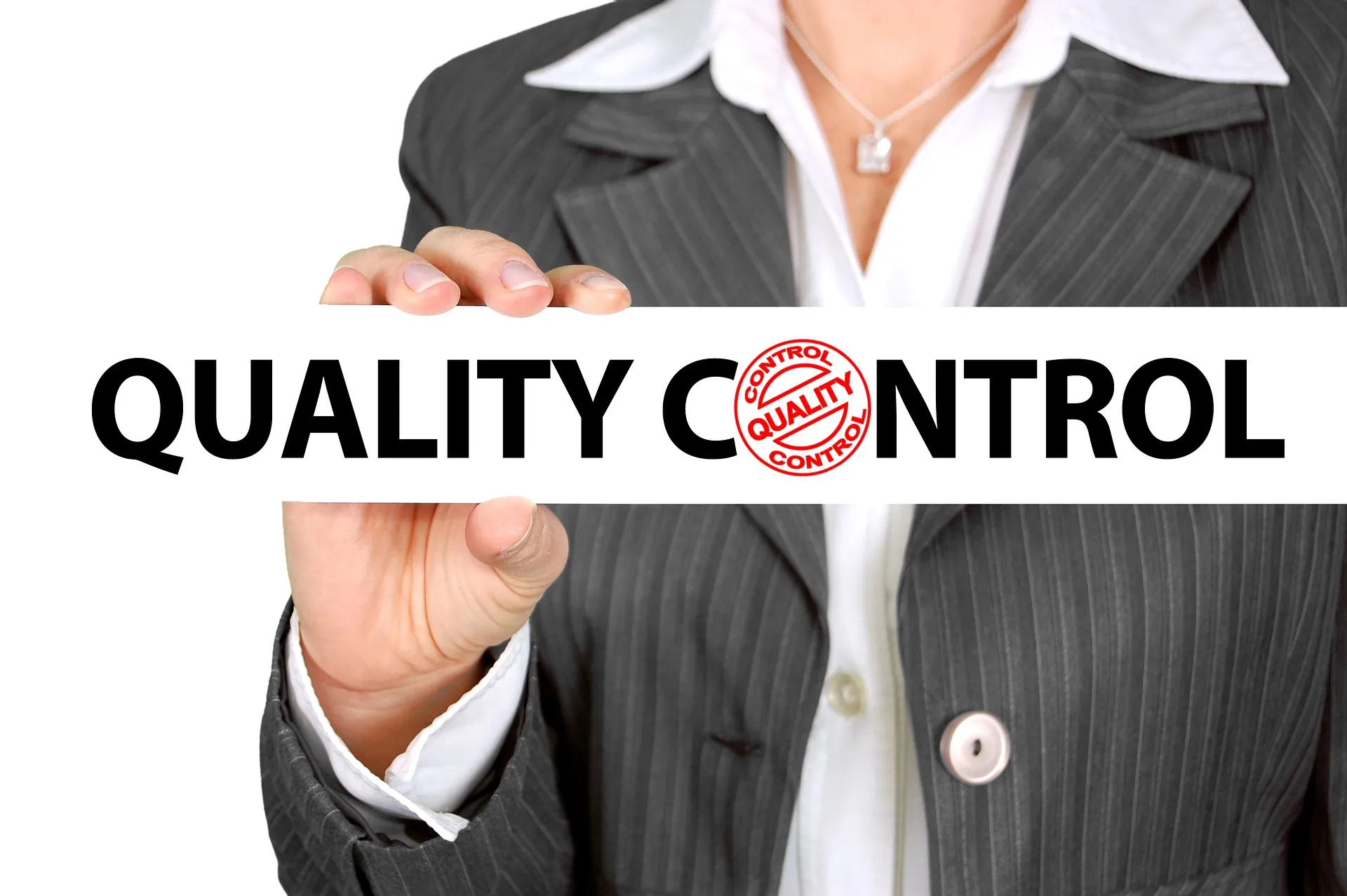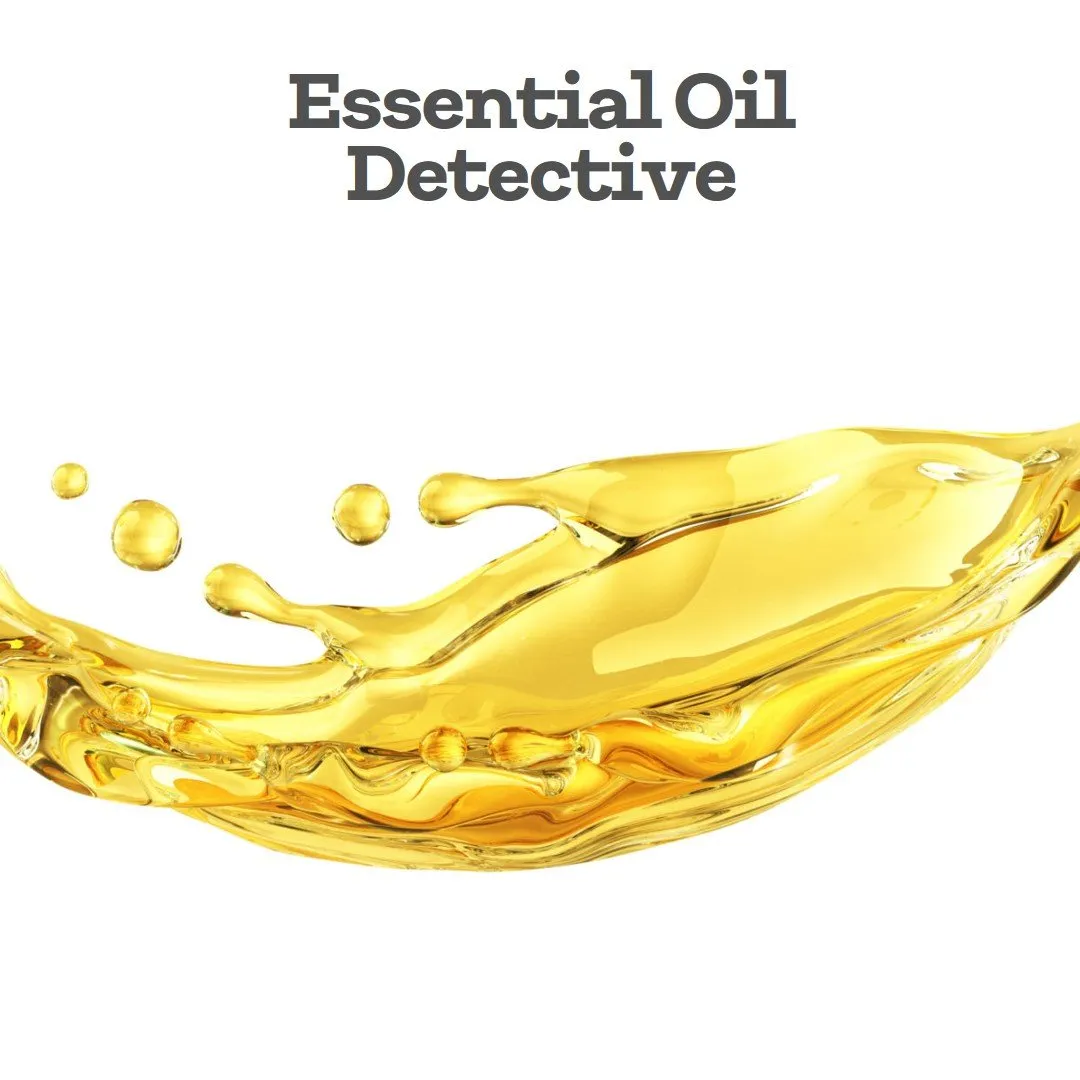Organic Essential Oils: How Do You Know?
In the pursuit of holistic wellness, the allure of essential oils cannot be overstated. These aromatic extracts derived from nature's bounty have woven themselves into the fabric of wellness rituals worldwide.
However, amidst the plethora of options available, the term "organic essential oil" stands out for those seeking purity and authenticity in their wellness journey.
So, what exactly makes an essential oil organic, and why should it matter to an essential oil enthusiast like you?
Organic Essential Oils: A Nature's Symphony

Firstly, let's unravel the essence of organic essential oils.
Organic implies a commitment to natural processes, devoid of synthetic additives, pesticides, or genetic modifications during cultivation and extraction. These oils are sourced from plants grown and harvested without the use of synthetic pesticides, herbicides, or chemical fertilizers.
Picture this: a serene field brimming with lavender or a vibrant citrus grove, thriving in harmony with nature's rhythm.
Organic farming methods, in essence, mirror this idyllic scene, fostering a symbiotic relationship between the plant and its environment.
From Seed to Bottle: The Organic Journey
The journey of an organic essential oil commences with the selection of seeds from meticulously chosen plant varieties. These seeds are sown in soil rich in nutrients, free from synthetic chemicals, nurturing the growth of robust and potent plants.
Throughout the cultivation phase, organic farmers employ sustainable practices. Crop rotation, natural pest control methods, and composting contribute to nurturing the plant's health while preserving the surrounding ecosystem.
When it comes to harvesting, organic plants are handpicked at their peak, ensuring the highest concentration of beneficial compounds within the essential oils.
The extraction process is often meticulous, employing methods like steam distillation or cold pressing to capture these precious essences without altering their chemical composition.
Why Organic Matters for Essential Oil Users

Now, you might wonder, "Why should I opt for organic essential oils?"
Purity and Potency: Organic essential oils are a testament to purity. By eschewing synthetic pesticides and fertilizers, these oils retain the pure essence of the plant, free from residues of harmful chemicals. As a result, they often boast a more potent aroma and therapeutic benefits.
Health and Wellbeing: For wellness enthusiasts, the decision to embrace organic essential oils aligns with a commitment to personal health. By choosing organic, you minimize exposure to potentially harmful substances that might compromise your well-being.
Environmental Stewardship: Beyond personal benefits, opting for organic essential oils contributes to environmental conservation. Supporting organic practices encourages biodiversity, soil health, and sustainable agricultural methods that nurture the planet for future generations.
Certifications and Trust: Look for certifications like USDA Organic or ECOCERT, which validate the authenticity of organic essential oils. These certifications act as a seal of trust, affirming that the product complies with stringent organic standards.
Navigating the Spectrum: Quality Check

In the realm of essential oils, quality and authenticity are paramount. However, the market can be a labyrinth, often inundated with products that claim to be organic but might fall short on scrutiny.
Here are a few tips to navigate this landscape:
- Check for Certifications: Look for credible organic certifications on the label. Third-party certifications lend credibility to the product's organic claims.
- Read Labels Diligently: Scrutinize the ingredients list. Authentic organic essential oils should contain solely the botanical extract without additives or synthetic components.
- Research Brands: Trustworthy brands often prioritize transparency. Investigate the brand's ethos, sourcing practices, and customer reviews to gauge their commitment to organic integrity.
- Perform a Sniff Test: Authentic essential oils emanate a pure, natural aroma characteristic of the plant. If the scent seems artificial or overpowering, it might indicate adulteration.
Tips for Ensuring Your Shopping Success
Finding the best place to purchase organic essential oils can be a crucial step in ensuring the quality and authenticity of the product.
Here are some pointers to help you identify reliable sources and determine if an oil is truly organic:
Reputable Retailers and Brands: Consider purchasing from reputable retailers and well-known brands that prioritize transparency and adhere to stringent quality standards. Look for companies that specialize in essential oils and have a track record of offering organic products.
Certifications: Look for recognized organic certifications on the product label. Certifications such as USDA Organic, ECOCERT, or Soil Association Organic indicate that the product has met specific standards for organic production. These certifications involve rigorous testing and inspection processes, providing assurance of the oil's organic authenticity.
Ingredients List: Carefully read the ingredients list on the label. Authentic organic essential oils should contain only the botanical extract without any synthetic additives or dilution agents. Be wary of oils that contain terms like "fragrance oils" or have additional ingredients that don't align with the botanical source.
Transparency and Information: Trustworthy brands often provide detailed information about their sourcing practices, cultivation methods, and extraction processes. Look for brands that openly share information about their farms, harvesting techniques, and distillation methods. Transparent companies are more likely to prioritize organic and sustainable practices.
Customer Reviews and Feedback: Checking customer reviews and feedback can offer valuable insights into a brand's reputation and the quality of their products. Real experiences shared by customers can provide an indication of whether the oils are authentic and live up to their claims of being organic.
Direct Sourcing: Some consumers prefer buying directly from farms or cooperatives that specialize in organic cultivation and distillation. This direct sourcing approach can offer visibility into the entire production process, ensuring a higher level of confidence in the oil's organic status.
Price and Quality: While organic essential oils might be slightly more expensive due to the costlier organic cultivation methods, be cautious if the price seems too good to be true. Extremely low prices might indicate a lack of authenticity or compromise in quality.
Remember, the term "organic" is regulated by various certification bodies, and products labeled as such should meet specific criteria. It's essential to do your due diligence and look for tangible indicators such as certifications, ingredient lists, and transparent information from the brand to ensure that the essential oils you purchase are indeed organic and of high quality.
The quest for organic essential oils transcends mere product preference; it embodies a lifestyle choice rooted in reverence for nature's wisdom. By choosing organic, you not only harness the potent benefits of these aromatic elixirs for your well-being but also contribute to a sustainable and harmonious relationship with the environment.
As an aromatherapist dedicated to fostering holistic wellness, I encourage you to embark on this aromatic journey, embracing the organic essence encapsulated within each drop of these nature's marvels.
Let your wellness rituals resonate with the purity and vitality that organic essential oils embody—a testament to the bountiful generosity of our natural world.
